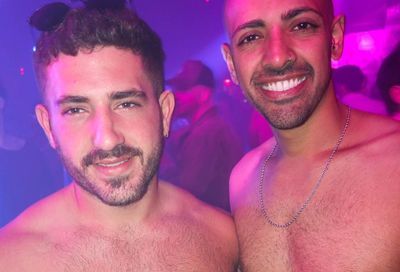There’s no such thing as an honest documentary.
Any one, told in any way, will be twisted and tacked into place by a filmmaker’s intentions. An experience, even if it’s captured in its entirety, will be edited and condensed. Voice-over narration offers context as a storytelling device, but fundamentally affects how that story is told. Whether we like it or not, documentaries are shaped as much by their creators as they are by their subjects.

Bully: Alex
Knowing this is necessary to properly consider Bully, as well as the controversy that surrounded Harvey Weinstein’s successful campaign to lower its MPAA rating from R to PG-13. Curiously, though, that knowledge is inconsequential to the startling message Bully shares. It’s simply too jarring, too important.
Bully, as the title suggests, is about our shameful failure as a culture to recognize and prevent bullying – but it’s also about the subjects, the kids, who appear dead-eyed and undeniably burdened by that cruel torment. They’re from rural and suburban towns in the Bible Belt and they’re targeted for all sorts of reasons: sexual orientation, disability or appearance, for example. Hirsch takes an intensely observant look at these subjects, filming their lives in school and at home to paint a bleak portrait of the bullied.
One is a Mississippi girl jailed for pulling a gun on kids who wouldn’t stop harassing her. Another is a lesbian who stubbornly refuses to leave her small Oklahoma town, but struggles to exact any noticeable change. Alex Libby, a shy teenager from Oklahoma who’s essentially the central figure of the documentary, is threatened and assaulted every day on the school bus, yet keeps his emotions guarded when his parents ask him about it. And then there are two other heartbreaking cases, where Hirsch chronicles what happens to a family after a suicide.
To say that these stories are upsetting, or angering, or terrifying doesn’t do Bully the justice it deserves. How do you react to watching a mother explain where exactly in the closet her 17-year-old son hanged himself? Or learning that an 11-year-old was so tortured that he, too, killed himself? Or realizing that adults seem unable or unwilling to address this epidemic?



















